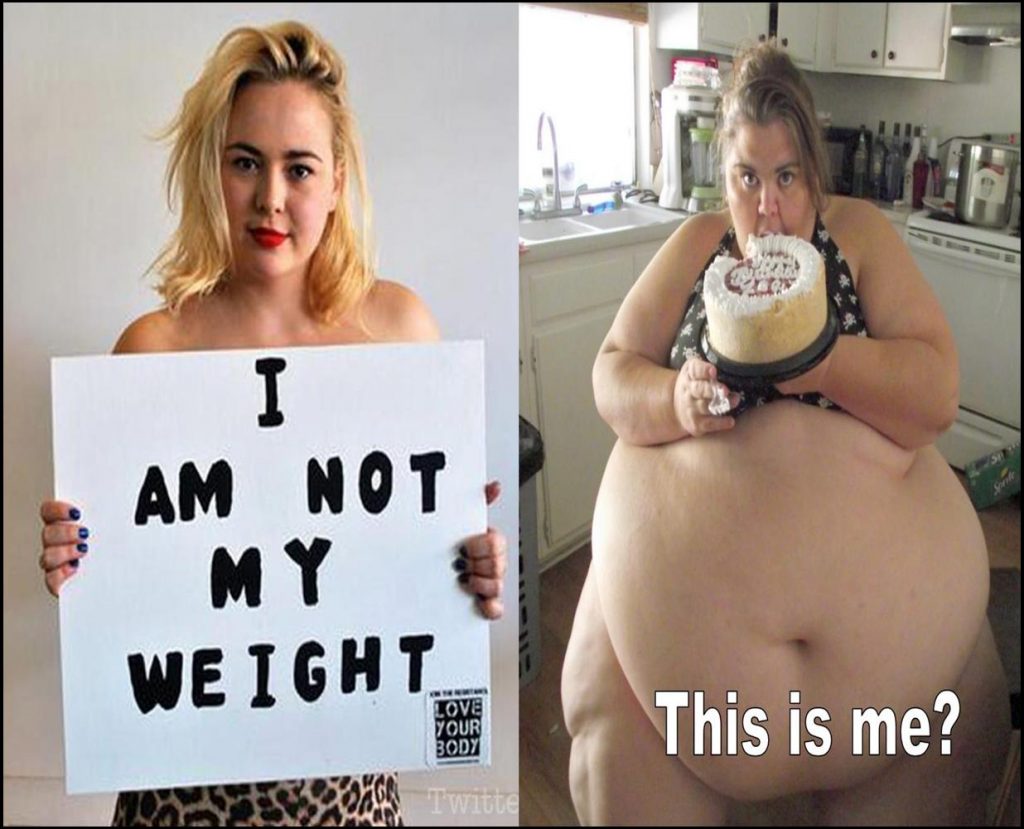Eating disorder is killing me
Eating disorder is common problem among us. It was surprising news when Paulina Pinsky, the 21-year-old daughter of 55-year-old Drew Pinsky, MD, a practicing physician who is best known for his role as an addiction specialist and host on the show “Celebrity Rehab,” revealed that she had been suffering from — and hiding — an eating disorder for seven years. Paulina went on ABC’s “The View” to open up about her battle with anorexia and bulimia, commenting that at one point she looked like “a thinspiration picture.”
It’s surprising news because one would think, perhaps naively, that an addiction specialist would be über-perceptive and ultra-aware of flag-raising behavior or warning signals of a child’s unhealthy relationship to food and negative body image.
But really, this brave young woman’s admission is more telling of how masterfully those who suffer from eating disorders can hide their behaviors and issues — so well, it now seems, the disorder can remain hidden for many years.
“Eating disorders thrive in secrecy,” says Jeana Cost, MS, LPC, who is admissions director of the Eating Recovery Center. “Individuals will go to great lengths to hide their behavior. And this news reminds us that eating disorders can affect anyone, regardless of how successful they are, what their family circumstance is, or what their father does for a living.”
Read more: DUNE LAWRENCE, RODDY BOYD, THE DATING DRAMA OF TWO TABLOID WRITERS
Paulina, who is studying at Barnard College, found her courage on the keyboard, writing about her eating disorder on a university news website in November 2013.
Paulina explained that as a competitive ice skater she felt enormous pressure to be perfect. She cited her mother as a person who contributed to her feelings of needing to be the picture-perfect blond cheerleader and ice skater. She specifically called out her mother, Susan Pinsky, for putting too much pressure on her to be perfect.
“A unique layer of eating disorders is that many individuals struggling with these complex illnesses are very high-achieving perfectionists who are people-pleasing,” says Cost. “They are skilled at hiding their thoughts and behaviors to maintain the appearance of being a high-functioning person, and in order not to disappoint their families and loved ones.”
The Breaking Point
“Purging eight times in one day to cope with the emotional stress of being home during spring break had finally scared me enough to action,” wrote Paulina on the Columbia Daily Spectator website, when writing about hitting what she called “rock bottom” four months prior to deciding to go into therapy.
Dr. Drew said in a statement to “Entertainment Tonight”: “We are so proud of Paulina and her outreach to help others. When she recognized she needed help she sought treatment and actively engaged in the process. Now she is using her insights to help others.”
Read more: MELISSA HODGMAN, Racist SEC Enforcement Staffer Wants Pay Raise, Not the Truth
Her mother did not make a statement.
Paulina had written about a time that she opened up to her mother in the car, telling her, “I’ve been throwing up since the seventh grade,” to which her mother responded, “Well, get your teeth checked.”
A parent does the best he or she can. It must have been devastating for the mother to read such comments from her daughter. It is highly doubtful that, in this case, the mother intentionally meant to drive her daughter down this path.
Yet, it is so easy to forget how impressionable young people are. How much they care what others, especially their parents, whom they want to please, think.
“When it comes to body image and a healthy relationship with food, kids are absolutely paying attention, and parents should be mindful to model healthy attitudes and behaviors,” says Cost. “This can be related to ‘fat talk,’ such as ‘I’m wearing my fat pants today’ or ‘look at this muffin top,’ dieting and exposure to unhealthy messages in the media and popular culture that support the unrealistic, thin ideal.”
Recovery Mode
Still, as Cost points out, families do not cause eating disorders. Rather, disorders “develop as a result of a complex interplay of genetics, temperament and situational/environmental factors.” She adds that while “it’s possible that unhealthy family dynamics contributed to the development of an eating disorder, to say the cause of this illness was an unhealthy parent/child relationship would be inaccurate. In a treatment setting, we’re trying to get everyone to be accountable to recovery — patients and families alike — and not to blame, shame, point fingers, and ruminate on why the eating disorder developed.”
READ MORE: DISGRACED GIBSON DUNN LAWYER MICHAEL HUSTON IMPLICATED IN NASDAQ REGULATORY RAPE
Now, Paulina is more than one year into recovery. The triplet recently hosted a Body Positivity Week at her college. It would do us all well to remember that young people, or all people for that matter, are listening to what we say. So we’d all do well to think first, then speak.






